How to look after your skin while wearing a mask
When 2020 begun, I think almost nobody expected that the entire country would be routinely wearing masks and face coverings just six months later. But here we are! What’s more, a new law is just about to come into effect that’ll make them even more widespread – face coverings will become mandatory in shops and supermarkets from the 24th of July.
Now, if you’ve spent some time wearing a face covering already – and odds are that you have! – you might have already experienced some skin irritation or discomfort. I know we’ve certainly had our fair share of that already here in clinic. So, I thought it was worth taking a moment to explain exactly how face coverings can affect your skin, and what steps you can take to minimise any redness or discomfort.
How do masks affect our skin?
I should start by saying that masks won’t cause discomfort or irritation for everyone – it all depends on how long you’re wearing them for, and how regularly you put them on. People in frontline industries (such as doctors, nurses, and medical professionals like ourselves) are obviously the most likely to experience it, given the length of time we often have to wear our masks for, but it’s certainly not uncommon for anyone else either.
Masks can affect your skin in a variety of ways – they can cause irritation through simple friction, and lead to an accumulation of sweat which can lead to blocked pores. This is part of the reason why they can end up causing breakouts and rashes, or aggravating flare ups and existing skin conditions like acne, rosacea and eczema.
If part of the mask touches active acne, this can cause particular aggravation, often resulting in inflamed spots – quite unpleasant! It doesn’t help that the edges of particularly cheap or poor quality masks can be sharp or abrasive, but even medical grade masks are known to irritate skin too!
Of course, there are also sometimes other factors in play. It’s not hard to see why right now is an exceptionally stressful time for almost everyone – and I’ve already recently covered how stress can affect your skin. (There are also a couple of basic techniques for how to reduce stress, in case you find them helpful!)
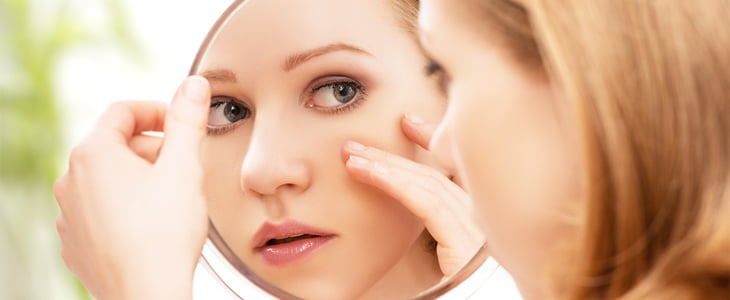
How do tackle skin irritation from face coverings
Now, while I’ve talked about masks above, I’m going to be very specific in talking about ‘face coverings’ here, because the government’s wording of the new law was very precise. There are lots of people who’ve taken the time to get themselves higher-quality masks, such as N95s or surgical masks, but the government recommends cloth face coverings so that N95s and other high grade medical equipment can go to people who might have particular need for them, such as NHS workers or vulnerable people.
If you’re wearing a cloth mask, it’s also a good idea to make sure that it’s tightly woven cotton instead of synthetic fabric. Whatever you’re wearing though, here are a couple of measures that should help reduce irritation and discomfort.
Apply an emollient or salve
An ointment or salve is effective at protecting the most sensitive areas of your face from friction or chafing. Just as with lots of skincare experts, my experience is that one of the most common areas for skin irritation is along the bridge of the nose and central cheeks, where the nosepiece of the face covering rests – so this is probably the best place to start application.
Take care to moisturise
Moisturising protects your skin barrier – in other words, the outermost layer of your epidermis, basically your skin’s the first defence against foreign elements. A lot of the discomfort that face coverings can cause your skin can be traced back to skin barrier injury, and helping your skin to stay hydrated is one of the best ways to improve your skin’s barrier function.
Applying an oil-free moisturiser several times a day is always useful, and it’s especially important if you’re already dealing with conditions like acne or rosacea. Personally, I’m a big convert of ZO Skincare in our Acne Care range of skincare products, as it’s exceptionally effective at helping your skin to repair and protect itself!
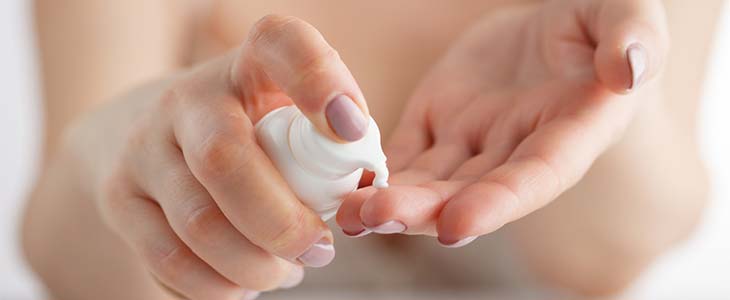
Cleanse and exfoliate
If you’re only wearing a face covering once or twice a day, it’s a good idea to cleanse and exfoliate when you take it off – especially if you’ve been wearing it for an extended period. And of course, don’t forget to clean the covering itself (ideally using a washing machine).
However, if you find that you’re experiencing dryness and redness even after exfoliating, or you’re removing and putting on a face covering several times throughout the day, don’t be afraid to tone down the cleansing and exfoliating schedule a bit. Rather than doing ti every time you take off your face covering, stick with doing it twice a day – once in the morning and once in the evening, which should help your skin have an easier time of it.
Minimise your makeup
This is probably something you’re doing already, but it’s worth saying just in case! Face coverings tend to create a humid environment for your skin, which can in turn affect sebum production. This is known to result in clogged pores and breakouts. To avoid this, it’s best to wear lighter types of makeup, or avoid it entirely. Foundations with concealer and heavy formulations can be the worst culprits!
Of course, whatever you’re doing to make life more comfortable, don’t forget to make sure it’s not at the expense of your safety! Minor discomfort for a few minutes or even hours is better than taking a risk by not wearing a face covering properly, or not wearing one at all. As you’d expect, we’re very strict about them here in the AP Skincare treatment centre, alongside our other measures for ensuring your safety in the current climate.
We’re still delivering a range of fantastic skincare treatments to keep you looking and feeling amazing, including our acne treatments and chemical peels. Why not pop in to our Blackburn treatment centre to book an appointment, or give us a call 01254 297 000? We’re always happy to see you!


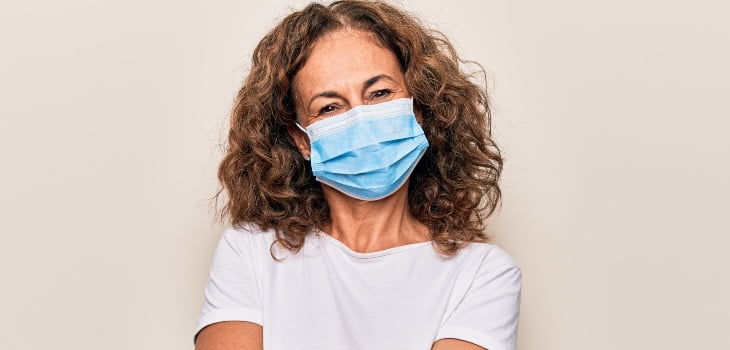





 Dentures
Dentures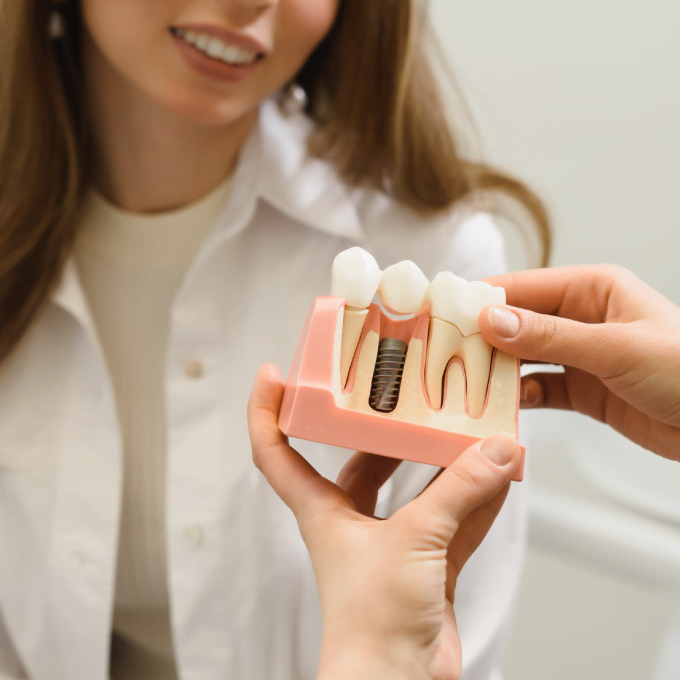
 Dental Implants
Dental Implants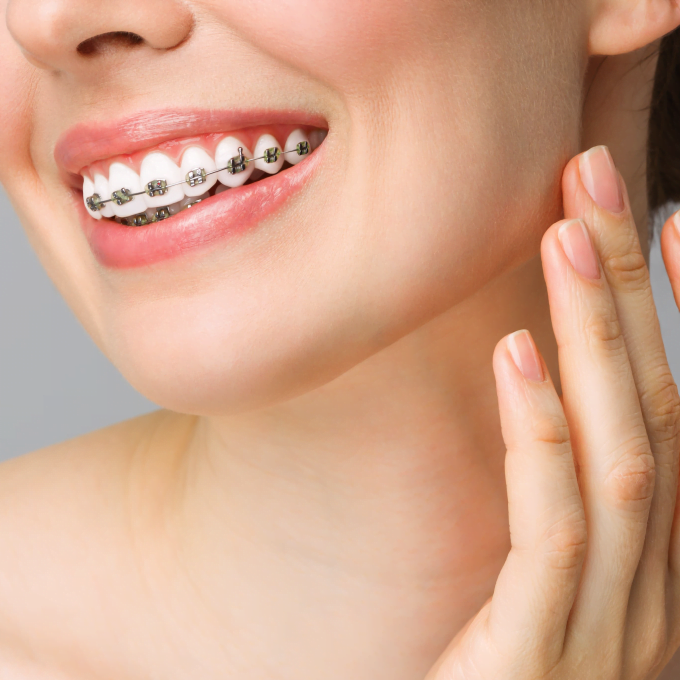
 Braces
Braces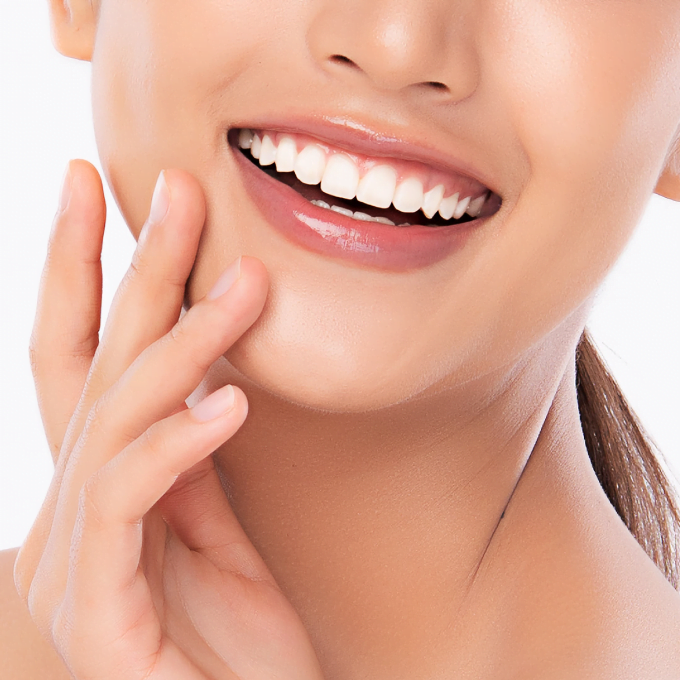
 Teeth Whitening
Teeth Whitening
 Smile Makeover
Smile Makeover